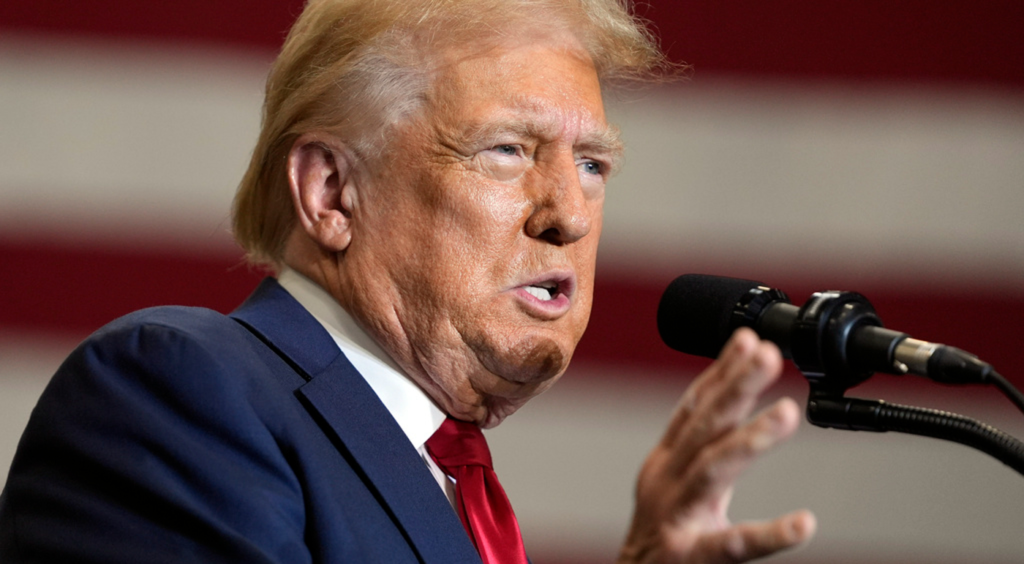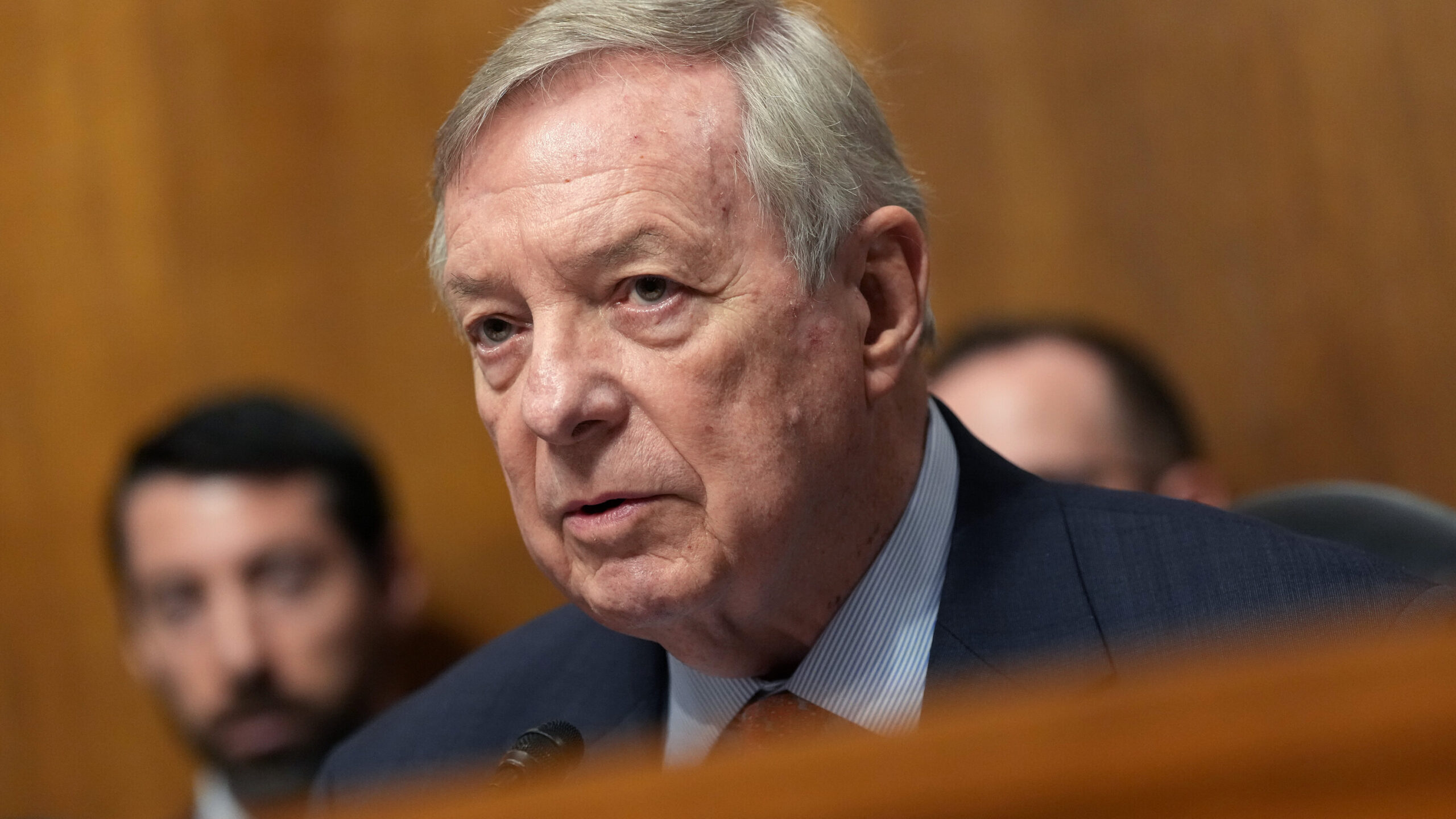The Trump administration is actively debating whether to release the transcript of a recent Department of Justice (DOJ) interview with Ghislaine Maxwell, the convicted associate of Jeffrey Epstein. The move could reignite national attention on the Epstein scandal, as senior officials assess both the political and legal implications of such a decision.
Secret Interview and Ongoing Discussions
According to senior administration officials, the DOJ recorded an audio interview with Maxwell last month, conducted by Deputy Attorney General Todd Blanche at the U.S. Attorney’s office in Tallahassee. The administration is now transcribing and digitizing the recording. While the existence of the audio file had not been previously disclosed, it has become a point of internal discussion within both the White House and DOJ.
Although officials are considering releasing the transcript and potentially the audio itself, sensitive details—particularly victim identities—would need to be redacted.
“A final decision has not been made,” one official confirmed, noting that discussions remain ongoing as of Tuesday morning.
Political Implications and Public Pressure
The decision comes amid increasing pressure on President Trump’s administration from within his base to offer greater transparency regarding the Epstein case. However, some White House insiders fear that releasing the interview could revive public attention to a story many believe has “died down.”
Still, other officials are reportedly eager to take control of the narrative and public optics, particularly as frustrations grow about the perceived mishandling of related information in the past.
Comparing Key Considerations
Here’s a look at the contrasting perspectives within the administration regarding the potential release:
| Argument for Release | Argument Against Release |
|---|---|
| Transparency and public trust | Risk of reviving a damaging controversy |
| Aligning with calls for justice in the Epstein case | Potential harm to unnamed individuals in the transcript |
| Controlling narrative proactively rather than reactively | Risk of political backlash and media frenzy |
| Reinforcing Trump’s image as open and forthright | Concerns over timing before elections |
Trump Responds

Photo Credit :- thehill
President Trump addressed the matter in a recent Newsmax interview, stating:
“We’d like to release everything, but we don’t want people to get hurt that shouldn’t be hurt… I would assume that was why [Blanche] was there.”
Trump also noted he had not personally spoken to Blanche about the Maxwell interview, but praised him as a “very straight shooter.”
When asked about the possibility of granting clemency to Maxwell, Trump’s stance remained ambiguous. Although a senior official denied any current plans for clemency, Trump has said he is “allowed to do it,” indicating the option is not entirely off the table.
Maxwell’s Legal Status
Ghislaine Maxwell, who was sentenced in 2022 to 20 years in federal prison for her role in grooming and sexually abusing underage girls, continues to appeal her conviction. Recently, she was transferred to a lower-security federal prison camp in Texas—an uncommon move for a convicted sex offender, raising further questions among legal observers.
Conclusion
Whether or not the Ghislaine Maxwell interview transcript is released, the administration’s deliberation signals that the Epstein case remains a volatile issue in American politics. As the Trump administration balances legal, political, and ethical concerns, the decision could have far-reaching consequences for both transparency and the upcoming election narrative.



